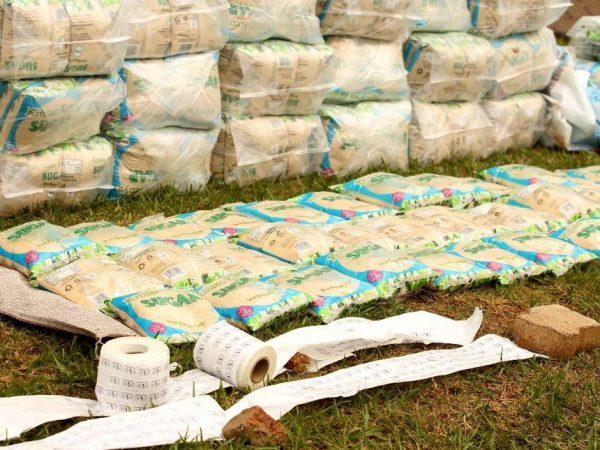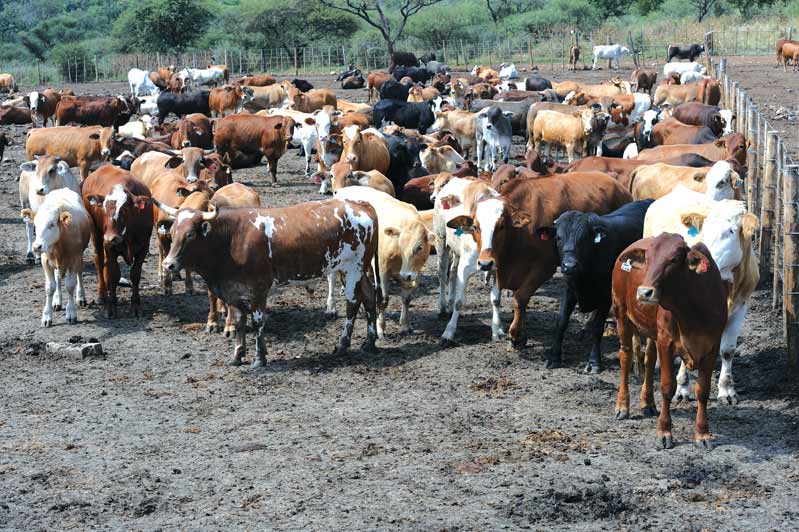The Kenya Bureau of Standards (KEBS) have reportedly found copper and lead impurities in tested sugar in Kenya. The impurities which are said to be approximately 20 times above the recommended levels have jolted many Kenyans, considering the commodity is on the table in most places. This is in addition to its being a sweetener in many other consumables.
Earlier on this week, KEBS, the State agency mandated to ensure quality and standards, clarified that the normal sugar fit for human consumption contains 2 milligrams of copper per kilogram. However, the tests on one of the consignments seized revealed a total of 20.7 milligrams of the metal per kilogram of sugar.
In a report presented to the National Assembly’s Trade Committee, Charles Ongwae, KEBS’ managing director said other than copper, the samples also indicated that the brown and white sugar had yeast and molds, polarisation, colour conductivity ash.
Meanwhile, the case of impurities has reached an alarming level since contraband sugar has now been seized in many parts of the country. The agency has clarified that the samples of sugar tested so far had no traces of the mercury. This is contrary to an earlier statement by Interior Cabinet Secretary Fred Matiang’I who alleged that the sugar had traces of mercury. This account was disproved by Industrialisation Cabinet Secretary Adan Mohammed who asserted that sugar tested by the agency did not have traces of mercury.
Ongwae told the parliamentary committee that imported sugar is tested and issued with certificate of compliance from the country of origin. Furthermore, once in the country, it is further subjected to lab tests. He, however, was quick to mention that some imported sugar, that fail to conform to the compliance standards, is usually recalled with enhanced multi-agency collaboration.








